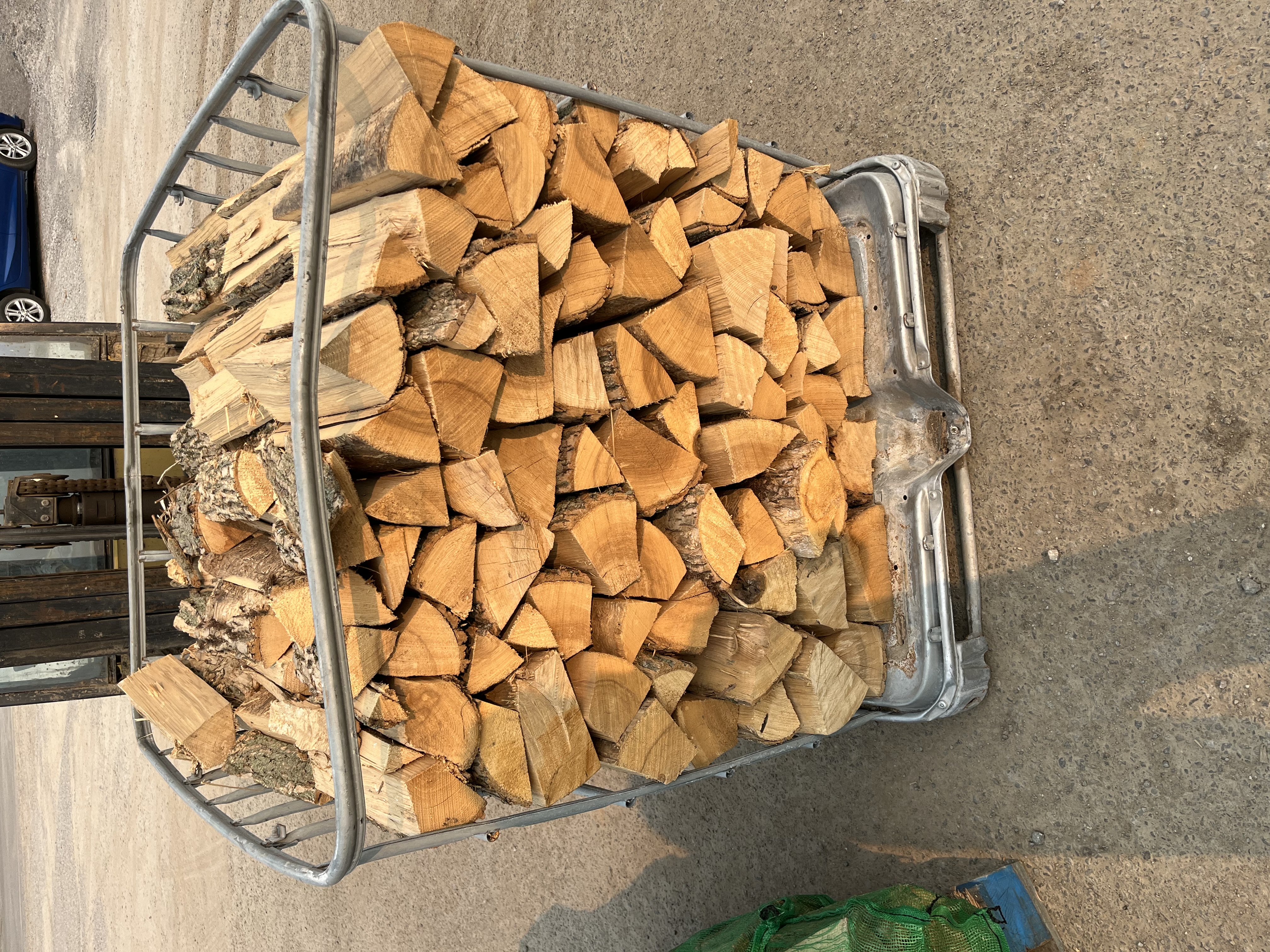 How to Properly Store Firewood for Longevity and ValueStoring firewood correctly is essential to ensure its longevity and maximize your investment. Here are some expert tips for storing your firewood properly:
If you have additional questions about firewood storage, please don't hesitate to contact our team for further assistance.
Why Choose Firewood Heating Over Other Methods?
|